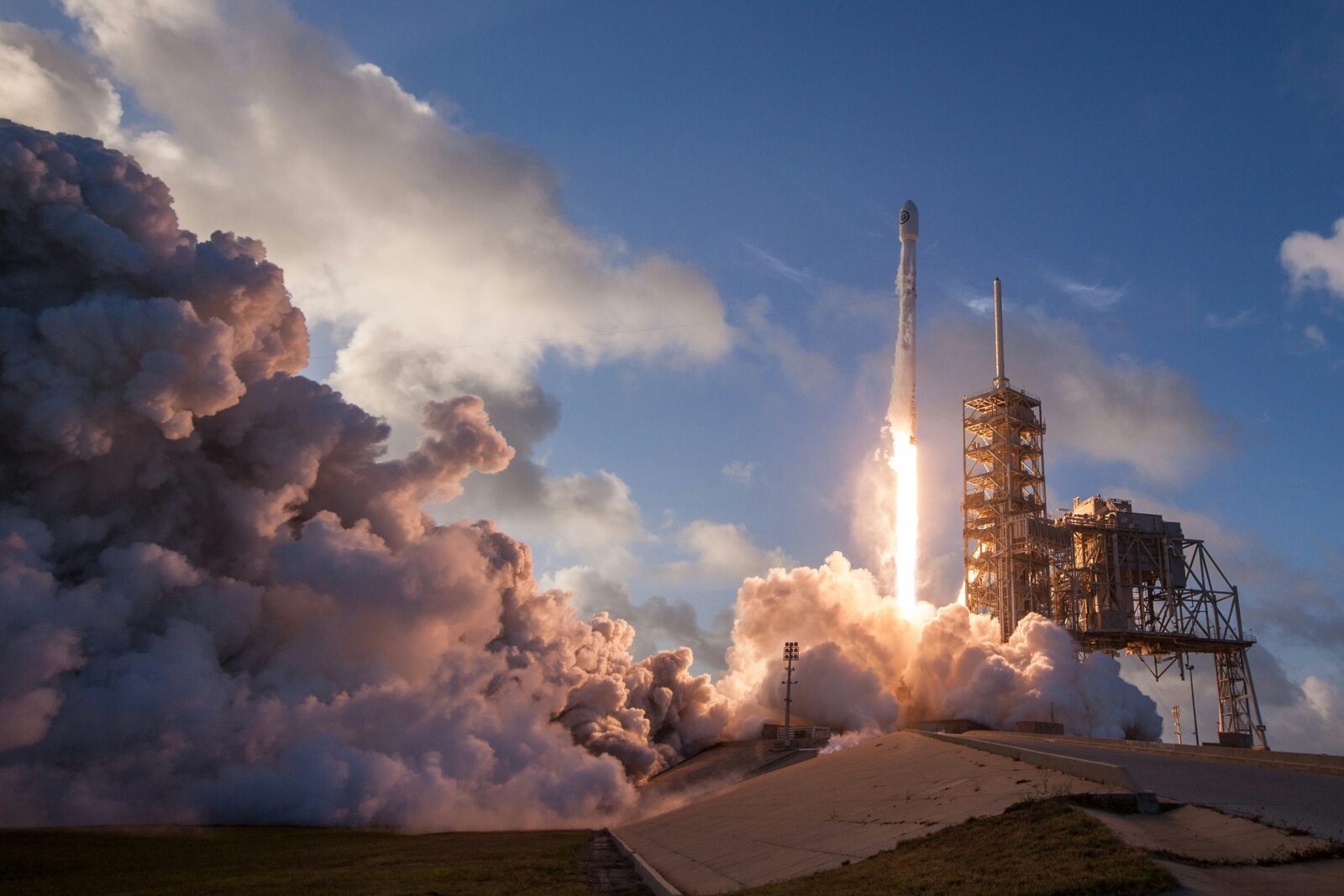Tidal Files for Beyond Earth ETF Focused on Space Exploration
While far from the biggest ETFs on the market, spaced-themed funds are skyrocketing in 2025.

Sign up for exclusive news and analysis of the rapidly evolving ETF landscape.
Star Trek’s Captain Kirk called space the final frontier. For ETFs, it’s just the latest one.
Tidal Financial Group filed last week for approval of its Beyond Earth ETF, an actively managed fund investing in companies that specialize in space exploration, launch services and satellite technology. The fund will focus mainly on public suppliers, clients and competitors of privately held SpaceX, and would likely hold SpaceX shares if the company ever goes public.
If launched, Beyond Earth will join a small but strong group of space-themed ETFs, all up roughly 40% or more this year.
Ground Control to Major Tom
The space industry remains largely government-funded, but opportunities for investors are expanding as commercialization accelerates. “The next decade is poised to be the most active in space since the Apollo program,” Janus Henderson said in a recent post, citing NASA’s Artemis II moon orbit mission next year and plans to replace the International Space Station starting in 2030. Growth drivers include satellite communications, defense technologies and manufacturing.
As for ETFs, performance has been stellar:
- ARK Space Exploration & Innovation ETF (ARKX) is up 46% year to date, trading at $28.50 per share, according to Morningstar data.
- Procure Space ETF (UFO), which has posted 47% gain this year, is trading at $34.40 per share.
- State Street SPDR S&P Kensho Final Frontiers ETF (ROKT) has surged 37% this year to roughly $77.50 per share.
Sitting in a Tin Can: Performance, however, isn’t everything, and the funds’ AUMs tell a different story. UFO holds about $150 million in assets, ROKT just $33 million, and ARKX, the largest, about $450 million. Despite its space label, ARKX’s top holdings include not only Rocket Lab but also Palantir, Amazon and Nvidia. “This is where it gets a little gray and fuzzy with thematic ETFs,” said Dan Sotiroff, senior research analyst at Morningstar. “They often hold companies performing well for reasons only tangentially related to the theme.”
He added that thematic ETFs tend to be speculative, more a bet on future sector growth than current fundamentals. “Over a long period — 10 or 15 years — only about 10% of thematic funds outperform a global market index,” Sotiroff said.











